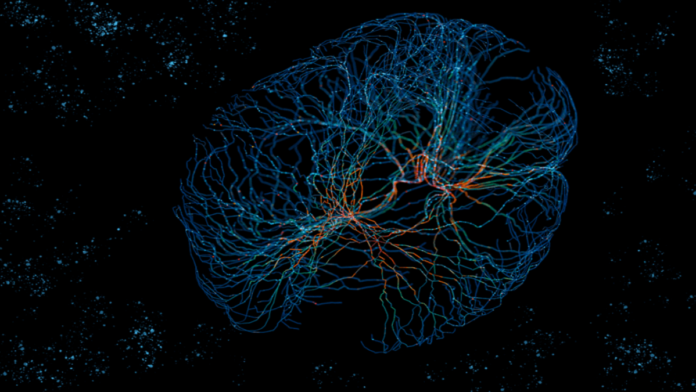A team of researchers at Massachusetts Institutes of Technology have recently developed a NOPA-neurally guided online probabilistic assistance framework to allow artificial agents to assist human users at different times. They have introduced the new framework in a paper, which is pre-published on arXiv and will be presented at ICRA 2023.
Researchers aimed to build AI-empowered agents that can simultaneously infer what tasks a human is tackling and assist them appropriately. They have referred to this problem as ‘online watch and help.’
Xavier Puig, one of the researchers, mentioned that they were interested in studying agents to help humans to do tasks in a simulated environment. To achieve this, one of the crucial questions was how to specify the agents whose tasks need help. One option was to specify with a language description or demonstration, but this will require extra work from the human side.
Read more: Dubai International Financial Center unveils its metaverse platform
The NOPA framework uses a neural network that proposes multiple goals based on what the user or human has done. It then evaluates the goals with the help of a reasoning method called inverse planning.
Researchers explain that one of the examples can be putting apples inside a fridge or on the table. So, instead of randomly guessing at the target location and putting apples there, NOPA-enabled agents can pick up those apples and deliver them to humans. This can help in avoiding mess in the environment.


